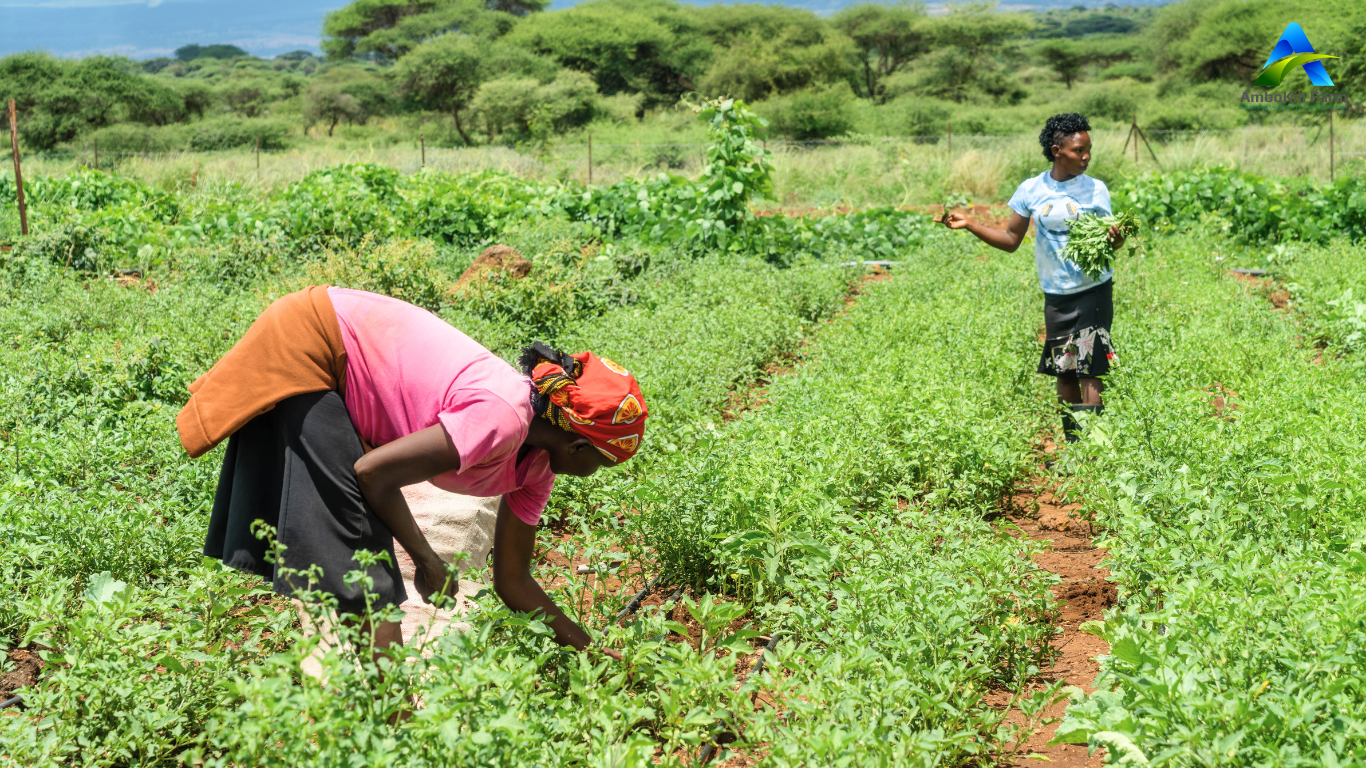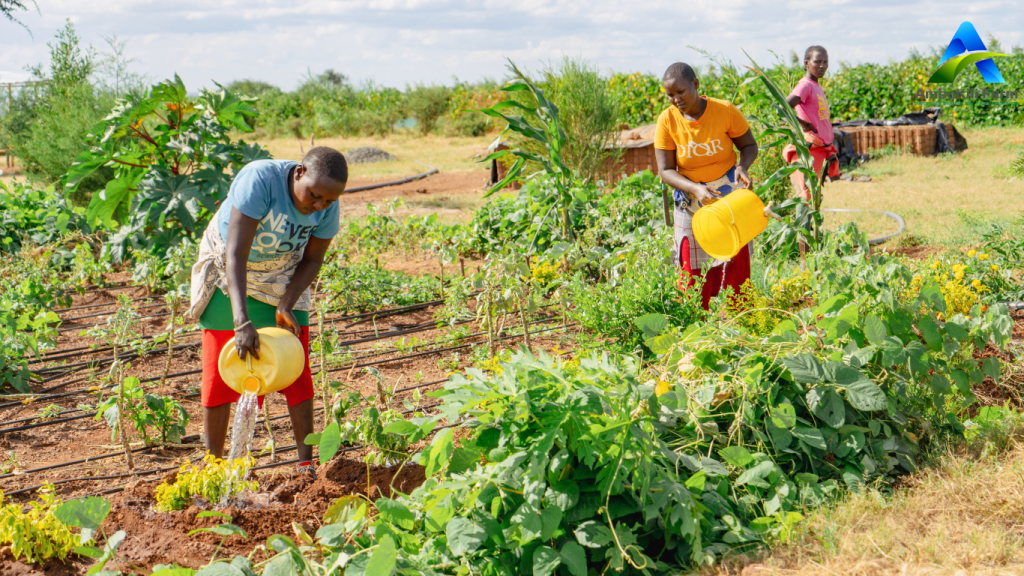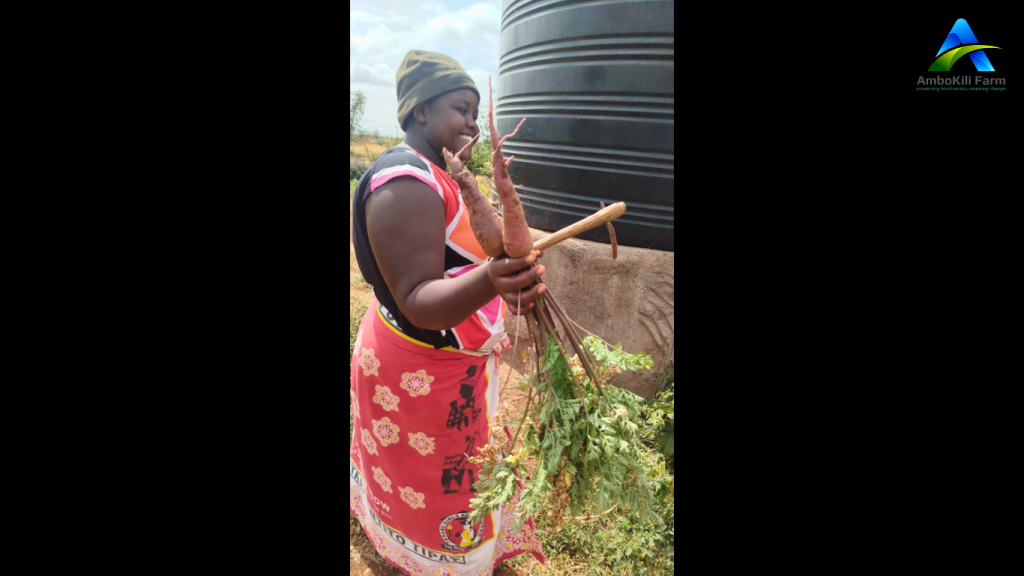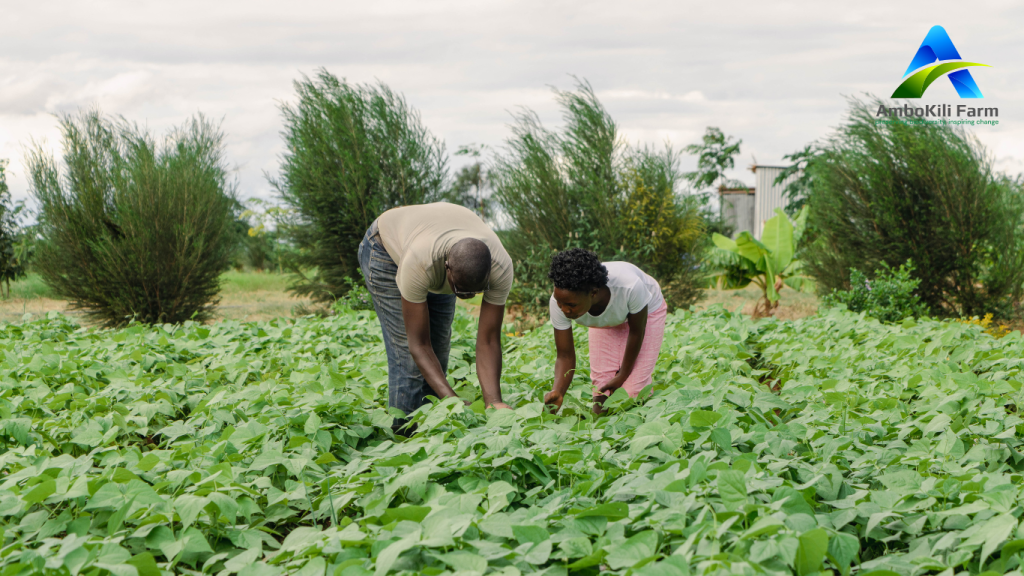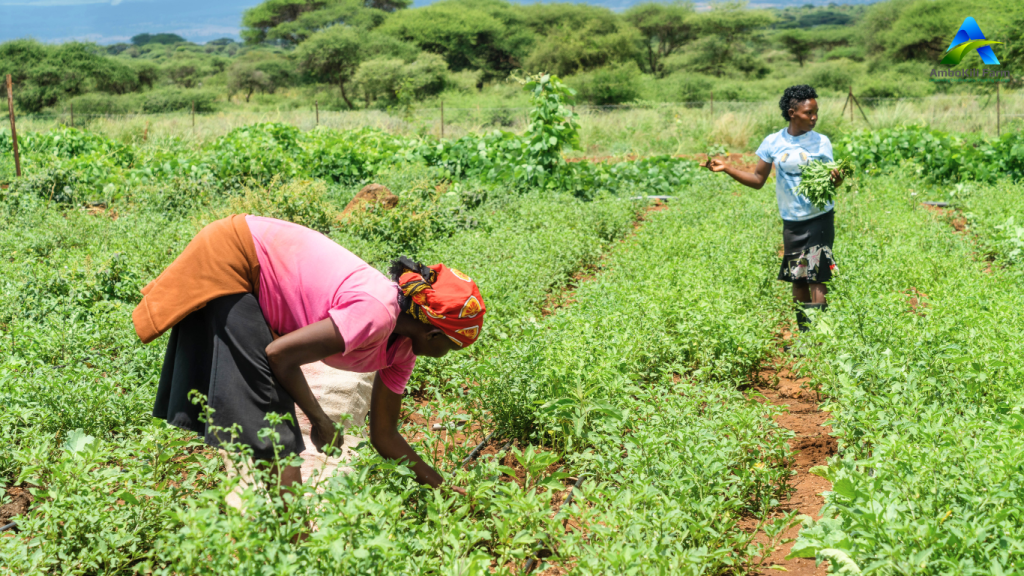
Health and nutrition are cornerstones of sustainable development, yet many rural communities, especially those in semi-arid regions like Kimana, often face significant challenges in accessing and understanding essential nutrition.
The State of Nutrition
Globally, malnutrition remains a significant challenge, especially in rural areas. As of 2021, approximately 768 million people worldwide were undernourished, with the majority living in rural regions of developing countries. Rural populations often face higher rates of food insecurity and malnutrition due to limited access to healthcare, education, and economic opportunities.
Africa's Nutritional Landscape
Africa is home to some of the highest rates of undernutrition globally. According to the Food and Agriculture Organization (FAO), in 2020, approximately 282 million people in Africa were undernourished, representing about 21% of the continent’s population. Sub-Saharan Africa, in particular, faces significant challenges, with 24% of its population affected by severe food insecurity.
Stunting (low height for age) and wasting (low weight for height) are prevalent among children in rural areas. In 2020, nearly 34% of children under five in Sub-Saharan Africa were stunted, while 6.2% suffered from wasting. These figures highlight the urgent need for improved nutrition and food security in rural communities across the continent.
Kenya's Nutrition Status
In Kenya, malnutrition is a significant public health concern, especially in rural areas. According to the Kenya Demographic and Health Survey (KDHS) 2014, 26% of children under five years were stunted, 4% were wasted, and 11% were underweight. These statistics indicate a critical need for interventions to improve nutrition, particularly in rural and semi-arid regions.
Nutrition in Kajiado County
Kajiado County, where Kimana is located, is predominantly rural and home to the Maasai community, known for their traditional livestock-based diet. The nutritional status in this region reflects broader national trends, with stunting, wasting, and micronutrient deficiencies being common challenges.
A 2019 study by the Kenya Medical Research Institute (KEMRI) found that 29% of children under five in Kajiado County were stunted, and 8% were wasted. Additionally, the region faces challenges related to micronutrient deficiencies, particularly in iron and vitamin A, due to the limited diversity in the traditional diet of the Maasai community.
Understanding the Nutrition Gap in Rural Areas
Rural communities often grapple with a lack of access to diverse and nutritious food options, which is exacerbated by limited education on healthy eating. Traditional diets among the Maasai, for example, have historically focused on livestock products such as meat, milk, and blood. While these foods are culturally significant, they may not provide a balanced diet, leading to nutritional deficiencies.
“Good nutrition is the foundation of a healthy society. When communities are empowered with knowledge, they are better equipped to make informed choices that promote health and well-being,” says Dr. Jane Wanjiru, a nutritionist specialising in rural health in her article– The importance of nutrition education in rural health. Journal of Rural Health, 34(3), 233-239.
This nutrition gap is not just about food scarcity but also a lack of knowledge about the nutritional value of various foods. Ambokili Farm addresses this by integrating nutrition education into its programmes, helping residents understand the benefits of a diverse diet that includes vegetables and fruits cultivated through organic farming.
The Role of Organic Farming in Nutrition
Organic farming plays a pivotal role in enhancing the nutritional intake of rural communities. By promoting the cultivation of a variety of vegetables and fruits, Ambokili Farm helps diversify the diets of the Maasai and other local communities. Organic produce is not only free from harmful pesticides but also richer in essential nutrients compared to conventionally grown crops.
A study by the British Journal of Nutrition found that organic crops have higher concentrations of antioxidants, which are crucial for maintaining health and preventing diseases (Baranski et al., 2014). By introducing these crops to rural communities, Ambokili Farm is not just improving food security but also enhancing the overall health of the population.
Behavior Change Through Nutrition Education
Behavior change is a critical aspect of improving nutrition in rural communities. Ambokili Farm’s approach goes beyond merely providing food; it involves educating the community on the importance of balanced diets and the long-term benefits of healthy eating.
Changing dietary habits requires more than just access to food—it demands a shift in mindset and behavior. This is why education is so crucial.
Through training, workshops, demonstrations, and collaborative discussions, Ambokili Farm encourages the local communities in Kimana to incorporate vegetables and fruits into their meals. These efforts are slowly transforming traditional eating patterns, leading to improved health outcomes.
Nutrition education is not merely about providing information on food and health; it’s about empowering individuals to make informed choices that positively impact their well-being. Thus, Ambokili Farm engages in organic farming of fruits and vegetables, incorporates the community in the whole process especially those working at the farm and provides nutritious fruits and vegetables for the Kimana community.
Challenges and Solutions
One of the main challenges in promoting nutrition education in rural areas is overcoming cultural resistance. The Maasai, for instance, have deeply ingrained dietary practices that are closely tied to their cultural identity. Introducing new food types requires sensitivity and respect for these traditions.
Ambokili Farm addresses this by involving community members in its programmes. They can work at the Farm, grow the food, consume it and witness its benefits firsthand. Ambokili Farm also engages the youth so as to ensure these practices are carried on for generations to come. By gaining their trust and support, the farm ensures that new ideas are accepted more readily. Additionally, by demonstrating the tangible health benefits of organic produce, Ambokili Farm is gradually winning over the community.
One of the community members in Kimana says, “When my child consumed vegetables from other farms in the area, they’d experience a lot of tummy problems. Ever since I started getting my vegetables from Ambokili Farm, my child does not have these health issues anymore.”
The Impact of Nutrition Education
The impact of Ambokili Farm’s nutrition education initiatives is already evident. There has been a noticeable increase in the consumption of vegetables and fruits among the local communities. Our workers and their families are increasingly consuming vegetables. Moreover, the community’s awareness of the importance of a balanced diet has grown, leading to healthier lifestyle choices.
At Ambokili Farm, we believe that true empowerment begins with education. By equipping rural communities with the knowledge, they need to make informed dietary choices, we are not only improving their health but also ensuring the sustainability of their way of life. Our work in Kimana is a testament to the power of nutrition education in driving positive change.
